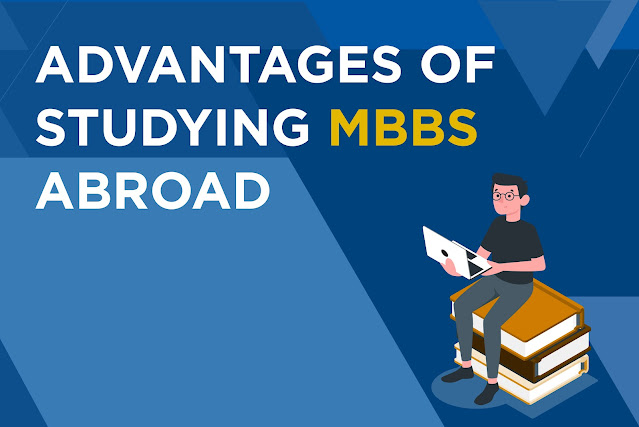Medical college admission seat allotment process in 2023 India

Medical college admission seat allotment processes and regulations may change over time, so it's crucial to refer to the official websites of relevant authorities or the medical colleges for the most up-to-date information. However medical college admission seat allotment process typically involves the following steps: Entrance Examination: Most medical colleges in India admit students based on scores from national-level medical entrance examinations such as NEET (National Eligibility cum Entrance Test) UG. Students must appear for these exams and achieve a minimum qualifying score to be eligible for admission. Counseling Registration: After the entrance exam results are announced, eligible candidates need to register for counseling on the designated official websites. Counseling registration involves providing personal and academic details, as well as the choice of colleges and courses. Choice Filling and Locking: During the counseling process, candidates are usually given the ...



.jpg)

